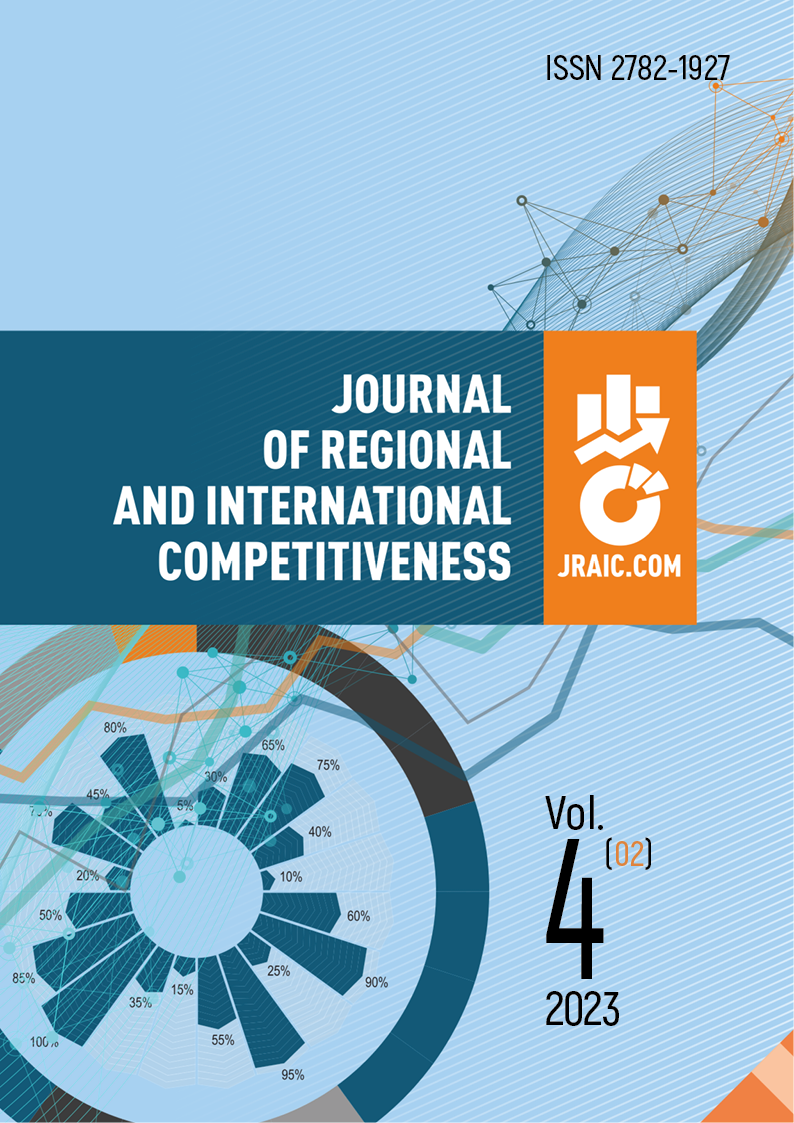Волгоград, Волгоградская область, Россия
Волгоград, Волгоградская область, Россия
The article analyzes a new socio-economic phenomenon - the "ecosystem of the sharing economy". The authors consider a fundamentally new structure of this phenomenon in terms of the positions, links, and interactions of all participants of the sharing economy. The purpose of the study is to identify the problems of forming a competitive strategy for the development of the ecosystem of sharing economy. The authors highlight the main challenges of collaborative consumption ecosystems, and identify practical competitive strategies of the sharing economy to achieve sustainable development. The authors use the example of the French economy to examine the challenges of institutionalizing the collaborative consumption economy. As a result, the authors found that market players need to build models of sharing economy ecosystem functioning to further development and implementation of a competitive strategy. The authors also revealed that platform managers need to develop new capabilities and facilitate interactions between ecosystem players to ensure a competitive strategic position in the sharing consumption market.
SHARING CONSUMPTION/UTILISATION ECONOMY, ECOSYSTEM, SHARING ECONOMY, DEVELOPMENT STRATEGIES, BUSINESS MODELS, SOCIAL ENTREPRENEURSHIP, DIGITAL PLATFORMS, PLATFORM ECONOMY
1. Avdokushin, E. F., & Kuznetsova, E. G. (2021). Ecosystems of the Sharing Economy. Vestnik RGGU. Seriya «Ekonomika. Upravleniye. Pravo», (4), 83–100. DOI:https://doi.org/10.28995/2073-6304-2021-4-83-100 (in Russian).
2. Platonova, E. D., & Ziyan, Li (2022). Platform economics: the degree of development of the problem of formation and development. Vestnik Altayskoy akademii ekonomiki i prava, 9(3), 408–415. Retrieved from https://vaael.ru/ru/article/view?id=2489 (in Russian).
3. Plotnikov, V. A., & Anisimova, Ya. A. (2023). Sharing economy: concept, features, development prospects. Upravlencheskoye konsultirovaniye, (1), 42–51. DOI:https://doi.org/10.22394/1726-1139-2023-1-42-51 (in Russian).
4. Ignatova, T., Platonova, E., Pavlyukova, A., & Sroslak, G. (2020). Development of Sharing Economy in the Context of Digitalization of Joint Consumption. Advances in Economics. Business and Management Research, (139), 359–362.
5. Laamanen, T., Jeffrey, P., Rong, K., & Van de Ven, A. (2016). Business Models, Ecosystems, and Society in the Sharing Economy. Academy of Management Discoveries, 2(2), 218–221. Retrieved from https:// doi.org/10.5465/amd.2016.0037.
6. Leunga, Xi Y., Xueb, L. & Wena, H. (2019). Framing the sharing economy: Toward a sustainable ecosystem. Tourism Management, (71), 44–53. Retrieved from https://doi.org/10.1016/j.tourman.2018.09.021.
7. Levkovich, M. (2021). France: An ecosystem conducive to the development of a sharing economy. In the work of A. Klimchuk, V. Sesnuitite, Gabriela Avram (eds.) "The economics of cooperation in action: European perspectives" (pp. 113-127). Limerick, Ireland: University of Limerick.
8. Li, J., & Gao, S. (2021). Platform Economy and Internet Platform Monopoly. Proceedings of 5th International Conference on Economics and Management, Education, Humanities and Social Sciences, (13), 160–163.
9. Rong, K., Li, B., Peng, W., Zhou, D., & Shi, X. (2021). Sharing economy platforms: creating shared value at a business ecosystem level. Technological Forecasting and Social Change, 169(2). 120804. Retrieved from https://doi.org/10.1016/j.techfore.2021.120804.
10. Xu, Y., Hazée, S., Fung So, K., Daisy Li, K., & Malthouse, E.C. (2021). An evolutionary perspective on the dynamics of service platform ecosystems for the sharing economy. Journal of Business Research, (135), 127–136. Retrieved from https https://doi.org/10.1016/j.jbusres.2021.05.056.
11. Zhou, X. (2021). Analyzing Platform Hegemony and Data Hegemony from the Perspective of Platform Economy. Global Journal of Media Studies, (4), 19–34.




















